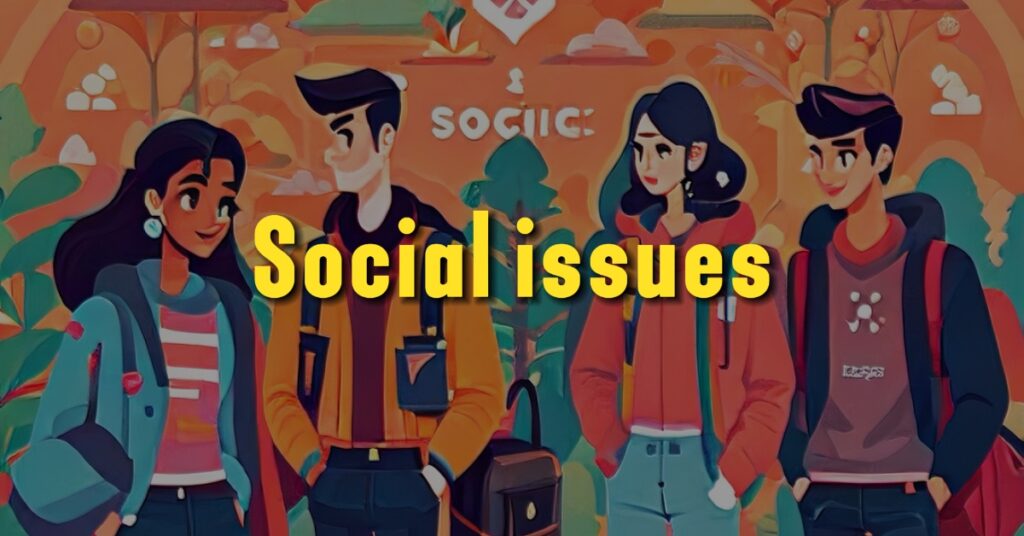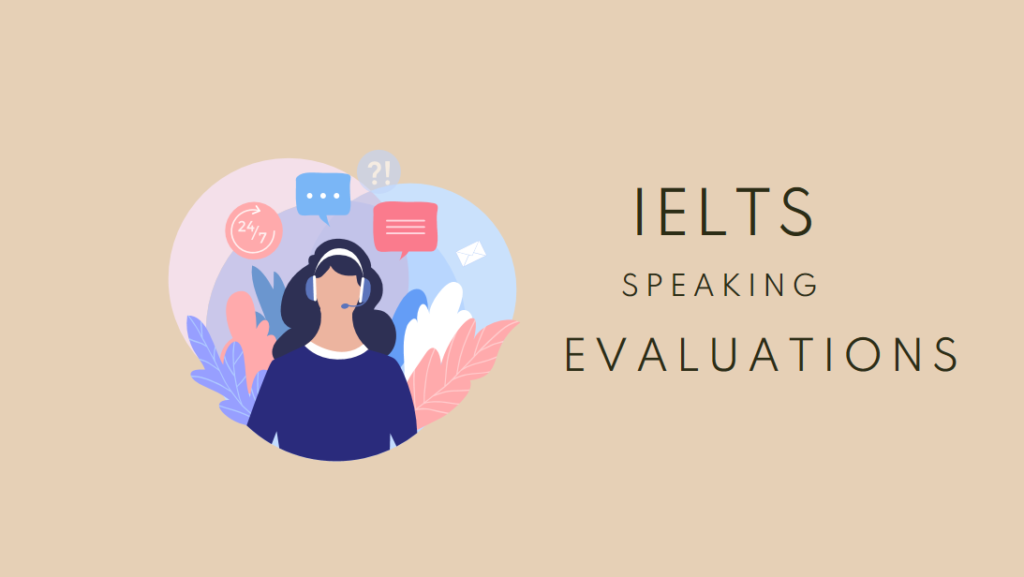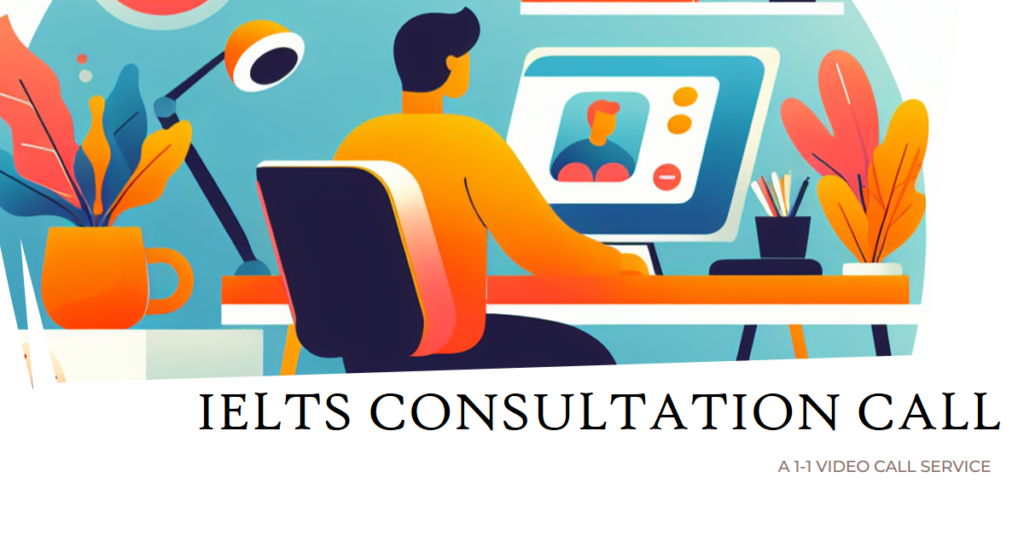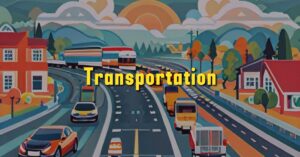This vocabulary list is for reference only. Your Lexical Resource scores are calculated based on the overall level of vocabulary used in your writing and speaking answers. To improve your Lexical Resource scores, it is necessary that you improve your overall level of vocabulary.
However, skillfully incorporating these words in your writing and speaking answers together with a good vocabulary level will increase the chance of enhanced Lexical Recourse scores.
Vocabulary list
1. Poverty and Inequality
| Word/Phrase | Type | Meaning | Example |
|---|---|---|---|
| Poverty | Noun | State of being extremely poor | Poverty is a significant social issue in many countries. |
| Inequality | Noun | Disparity or unfairness in opportunities or resources | Addressing inequality is crucial for social justice. |
| Socioeconomic status | Noun phrase | Position or rank in society based on income, education, and occupation | Socioeconomic status often determines access to resources. |
| Wealth disparity | Noun phrase | The threshold below which individuals or families are considered poor | Wealth disparity widens the gap between the rich and the poor. |
| Economic inequality | Noun phrase | Unequal distribution of wealth and resources | Economic inequality perpetuates social disparities. |
| Poverty line | Noun phrase | Threshold below which individuals or families are considered poor | Many families live below the poverty line despite working multiple jobs. |
| Social mobility | Noun phrase | Ability to move up or down in social status | Social mobility is limited in societies with high inequality. |
| Marginalized | Adjective | Excluded or disadvantaged within society | Marginalized groups often face barriers to opportunities. |
| Income inequality | Noun phrase | Disproportionate distribution of income | Income inequality contributes to social and economic instability. |
| Food insecurity | Noun phrase | Lack of access to sufficient and nutritious food | Food insecurity affects millions of people around the world. |
2. Gender Roles and Equality
| Word/Phrase | Type | Meaning | Example |
|---|---|---|---|
| Gender roles | Noun phrase | Socially constructed expectations about how men and women should behave | Gender roles have evolved over time but still influence societal expectations. |
| Gender equality | Noun phrase | Equal treatment and opportunities regardless of gender | Gender equality is a fundamental human right. |
| Gender stereotypes | Noun phrase | Oversimplified beliefs about characteristics or roles based on gender | Challenging gender stereotypes is essential for achieving equality. |
| Empowerment | Noun | Authority or power to do something | Empowerment of women and girls is essential for gender equality. |
| Gender discrimination | Noun phrase | Unfair treatment based on gender | Gender discrimination violates human rights principles. |
| Gender identity | Noun phrase | Individual’s personal sense of gender | Understanding gender identity is crucial for creating inclusive environments. |
| Feminism | Noun | Advocacy for women’s rights and gender equality | Feminism aims to address systemic inequalities based on gender. |
| Stereotypes | Noun | Oversimplified and generalized beliefs about a group | Stereotypes limit individuals’ potential and perpetuate inequality. |
| Gender norms | Noun phrase | Societal expectations regarding behavior and appearance based on gender | Challenging traditional gender norms promotes equality. |
| Gender gap | Noun phrase | Disparity between men and women in various areas | Closing the gender gap requires concerted efforts from society. |
3. Immigration and Multicultural Societies
| Word/Phrase | Type | Meaning | Example |
|---|---|---|---|
| Immigration | Noun | Migration to a different country for permanent residence | Immigration policies vary widely among countries. |
| Multiculturalism | Noun | Coexistence of diverse cultural groups within a society | Multiculturalism enriches societies with diverse perspectives. |
| Integration | Noun | Inclusion and participation of immigrants into a new society | Successful integration requires efforts from both immigrants and host communities. |
| Diversity | Noun | Variety of cultural backgrounds and perspectives | Embracing diversity strengthens communities and organizations. |
| Cultural exchange | Noun phrase | Interaction and sharing of cultural elements among diverse groups | Cultural exchange fosters understanding and appreciation. |
| Assimilation | Noun | Process of adopting the customs and values of a new culture | Assimilation can lead to loss of cultural identity for immigrants. |
| Tolerance | Noun | Acceptance and respect for differing beliefs and practices | Tolerance is essential for fostering harmonious relationships. |
| Refugee | Noun | Practice including and valuing all individuals and groups | Many refugees face challenges in adapting to new environments. |
| Ethnic diversity | Noun phrase | Variety of ethnic groups within a population | Ethnic diversity contributes to the richness of multicultural societies. |
| Inclusivity | Noun | The practice of including and valuing all individuals and groups | Inclusivity promotes equality and respect in diverse societies. |
Idioms for speaking
These are idioms and phrases that use topic-related figures of speech. They can also be used in different contexts.
| Idiom | Definition | Example |
|---|---|---|
| Break the (vicious) cycle | To stop a pattern of behavior that is harmful or negative. | To respond to kindness by doing something kind for someone else. |
| Call it quits | To stop doing something or end a relationship or activity. | “After years of disagreement, they decided to call it quits and end their partnership.” |
| Food for thought | Something that makes you think seriously about a particular topic. | “The documentary provided plenty of food for thought about the impact of climate change.” |
| Give a voice to the voiceless | To advocate for or represent the interests of those who are marginalized or oppressed. | “The organization aims to give a voice to the voiceless by highlighting their struggles.” |
| Level the playing field | To create equal opportunities for everyone, especially in competition or access to resources. | “Education is crucial to level the playing field and give every child a chance to succeed.” |
| Pay it forward | To respond to a kindness by doing something kind for someone else. | “She decided to pay it forward by volunteering at a homeless shelter after receiving help from others.” |
| Raise awareness | To inform and educate people about a particular issue or cause. | “The campaign aims to raise awareness about mental health issues in the community.” |
| See eye to eye | To agree or have the same opinion as someone else. | “Although they have different backgrounds, they see eye to eye on many social issues.” |
| Stand up for | To support or defend someone or something. | “It’s important to stand up for human rights and speak out against injustice.” |
| Take a stand | To make a firm decision or express a strong opinion about something. | “In the face of discrimination, she decided to take a stand and fight for equality.” |
| Turn a blind eye | To ignore or pretend not to notice something, especially wrongdoing. | “Authorities often turn a blind eye to corruption within their ranks.” |
| Break down barriers | To remove obstacles or prejudices that prevent interaction or understanding between groups. | “Cultural exchange programs help break down barriers between different communities.” |
| Cast a shadow over | To make a situation or mood less cheerful or optimistic. | “The recent economic downturn has cast a shadow over the prospects of many families.” |
| Kick the habit | To stop doing something that is harmful or undesirable. | “She decided to kick the habit and quit smoking for the sake of her health.” |
| Draw a line in the sand | To establish a limit or boundary that should not be crossed. | “It’s time to draw a line in the sand and take action against environmental degradation.” |
| Face the music | To accept the consequences of one’s actions, especially when they are unpleasant. | “After breaking the rules, he knew he had to face the music and accept the punishment.” |
| Ring alarm bells | To warn or alert people about potential danger or problems. | “The recent increase in pollution levels should ring alarm bells for environmental activists.” |
| Shed light on | To clarify or provide information about something previously unknown or misunderstood. | “The report sheds light on the challenges faced by marginalized communities.” |
| Turn over a new leaf | To start behaving in a better or more positive way; to make a fresh start. | “After leaving prison, he was determined to turn over a new leaf and lead a law-abiding life.” |
| Stand on the shoulders of giants | To benefit from the achievements or advancements made by those who came before. | “Our generation stands on the shoulders of giants who fought for civil rights and equality.” |
















Responses